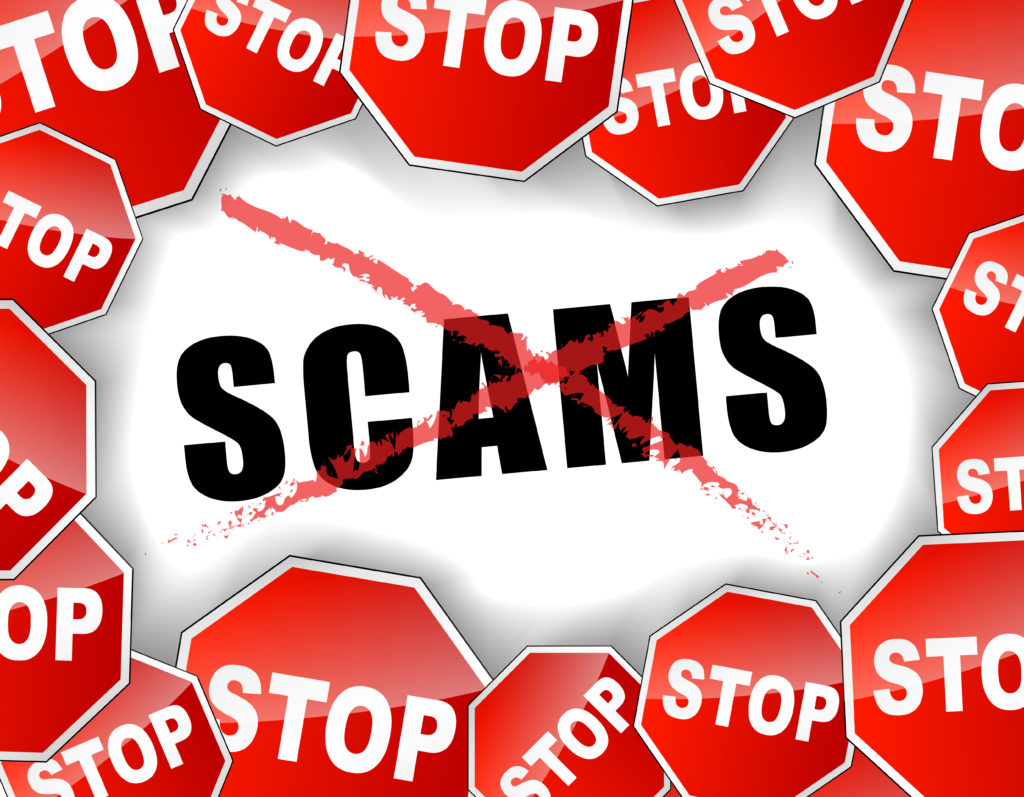Yesterday, in China Factory Scams, Steve Dickinson, our lead China manufacturing lawyer, wrote on how there has recently been an increase in China factory scams due largely to China’s declining economy and its declining relations with most of the developed world. Just yesterday, the South China Morning Post (a Chinese newspaper!) warned of how China factory production declines are likely to harm China’s economy as a whole. See China’s economy faces multiplying risks as shrinking factory activity points to deeper slowdown. See also It’s Official. China’s manufacturing industry is in trouble, also from yesterday.
What though can you do to help prevent China factory problems? More specifically what can you do to avoid the three most common China factory scams Steve outlined in his post yesterday?
The quick answer is to know your factory before you contract with them and especially before you send them any money. The way to know your factory is to do due diligence on them. The bare minimum due diligence on your potential China manufacturing partner should include the following:
1. Obtain the Chinese manufacturer’s actual Chinese company name. This can then be verified by comparing it with the company’s business license.
2. Check with the official Chinese government registry to see if your Chinese manufacturer has actually been registered as a Chinese company.
3. Check your Chinese manufacturer’s capitalization to see if it is sufficiently large enough and well-funded enough to handle your proposed deal.
4. Check the Chinese company’s corporate officers and shareholders to see if they have any conflicts of interest by owning other companies. This is actually quite common and oftentimes explains why they are insisting on you using certain sub-suppliers.
5. Check the Chinese company’s current operational status: Open, Irregular Operations, or Revoked. We recently found that one of our client’s potential Chinese business partner’s company (unbeknownst to the client) had been placed on the “irregular operations” (经营异常名录) list by its district’s Market Supervision and Administration Bureau. The reasons for a company being flagged as such are often because of financial difficulties and mismanagement. You do not want to do business with such a company because the consequences of a company being flagged as having abnormal operations include:
-
-
- Banking accounts and activities being restricted or frozen.
- Services and licensing provided by government bureaus being restricted or prohibited.
- Administrative penalties being imposed. For example, a failure to notify the Bureau of a change in registered address carries a fine of RMB 10,000 to 100,000.
- The individuals in charge of the company being restricted. Additionally, if the company has been flagged for three years, it will be placed on the list of companies that have seriously violated the law (重违法企业名单).
-
We are seeing many more Chinese manufacturers on the irregular operations list than previously. Worse than that, we are also seeing more Chinese manufacturers showing up on the “operations revoked” list.
6. Make sure the Chinese government has authorized your Chinese manufacturer (per its business scope) to do the type of business it is proposing to do with you. Companies in China must specify their intended business scope in their articles of association, and this scope is subject to approval by the government registration authorities and if a Chinese company exceeds its scope, it is operating illegally.
7. Check the history of the Chinese manufacturer with which you might do business. Most fake companies do not bother to create a business history. If a company does not have a history you can verify, you should seriously consider walking away.
8. Find out what property and IP your Chinese manufacturer owns. Companies that own property and/or IP are much less likely to scam you than those that don’t.
9. Check your Chinese manufacturer’s litigation history and whether and how often it is in trouble with the government. A company that is constantly getting fined by the government and/or constantly getting sued by its product buyers is not a good company with which to do business.
10. Have a good and China-specific manufacturing contract with your Chinese manufacturers. Having a strong and China-specific manufacturing contract with your Chinese manufacturer can also help. If the Chinese company formally declares bankruptcy (which does happen) and if it has some assets left (which also does happen) and if you have a China-centric manufacturing contract (see On Trusting China Manufacturers. Don’t. Just Don’t.) you at least have a chance at getting some or all of your money back.
11. Pay as little as possible until your product has arrived and been quality checked. One of the best things you can do to reduce your China product buying risks is to delay all or almost all payment until after you have confirmed delivery of conforming product. But few Chinese manufacturers will agree to this, and even fewer Chinese manufactures that intend to scam you will do so.
Way back in 2011, in China. Smells Like 2008, Gloom And Doom Edition, we wrote about how China factory scams increase during China economic downturns:
Chinese companies that are going out of business or believe they are going out of business have an annoying tendency to ship bad or fake or no product at all. In 2008, pretty much every week we were getting calls from companies saying that the product they had ordered just was not coming. We handled one case where a company had bought about a million dollars of fish and received containers of cheap bricks surrounded by fish. That fake shipment was the dying gasp of a company that ceased to exist. We have started to get those same sort of calls in large numbers again.
There are no guarantees in life, but as the old Russian saying goes, “Trust, but verify.” Or as we China lawyers say: do your due diligence first, and now more than ever.

























